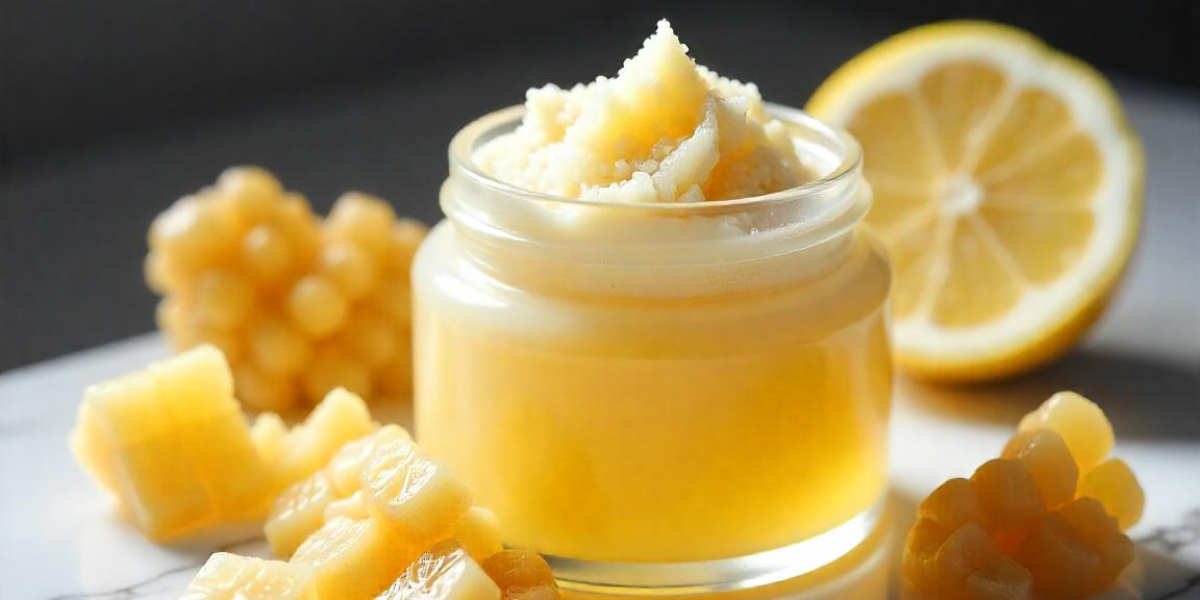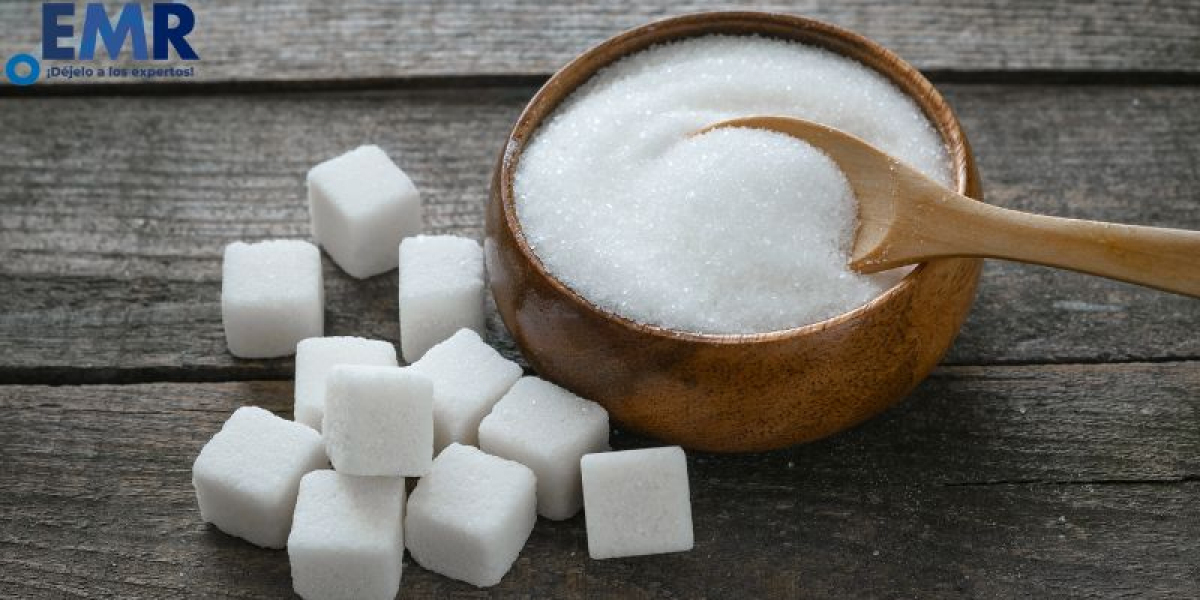Welcome to a journey back in time where we uncover the secrets of ancient skin care. Honey, a natural ingredient revered for its healing properties, played a pivotal role in the beauty regimens of our ancestors. This article explores how different cultures utilized honey to maintain radiant, healthy skin. We'll also look at modern ways to incorporate these age-old wisdoms into today's skin care practices, including products like Sweet Bee Magic.
Key Points:
- Historical use of honey in skin care across various cultures
- The science behind honey's benefits for the skin
- Recreating ancient honey-based recipes for modern use
- Practical tips for integrating honey into current skin care routines
The Historical Significance of Honey in Skin Care
The use of honey in skin care is not a recent development; it dates back thousands of years, spanning across continents and cultures. Ancient civilizations recognized the potent qualities of honey and ingeniously incorporated it into their skin care treatments.
Ancient Egypt
In Ancient Egypt, honey was a staple in beauty treatments used by the likes of Cleopatra who famously bathed in milk and honey to preserve her skin's youthful appearance. Egyptians used honey to create ointments that treated skin wounds and conditions due to its antibacterial properties.
Ancient Greece and Rome
Greeks and Romans also celebrated honey for its healing and beautifying properties. Honey was often mixed with other natural ingredients like olive oil to create skin-softening salves. Hippocrates, the famous Greek physician, documented honey as a treatment for skin disorders.
Traditional Chinese Medicine
In Traditional Chinese Medicine (TCM), honey is considered a harmonizing ingredient. Its inclusion in medicinal recipes helped to balance the body’s internal energies and improve skin health.
The Science Behind Honey's Skin Benefits
Modern science has begun to understand why honey was so valued for skin care in ancient times. Honey is rich in antioxidants, natural enzymes, and nutrients that are essential for healthy skin. Its hygroscopic nature means it attracts and retains moisture, making it an excellent hydrating agent.
Antibacterial and Antimicrobial Properties
Honey’s natural antibacterial and antimicrobial properties make it an effective cleanser for the skin. It can help reduce breakouts and prevent bacterial infections within skin pores.
Anti-Inflammatory and Healing Effects
The anti-inflammatory properties of honey soothe redness and irritation, making it beneficial for those with sensitive or acne-prone skin. Additionally, its healing properties expedite the repair of skin cells damaged by environmental factors or aging.
Recreating Ancient Honey-Based Recipes
Bringing ancient wisdom into the modern era, we can recreate recipes that leverage honey's skin benefits. Here are a few recipes inspired by ancient practices:
Honey and Milk Face Mask
Mix two tablespoons of raw honey with one tablespoon of warm milk. Apply the mixture to the face, leaving it on for 20 minutes before rinsing with warm water. This mask can hydrate the skin and give it a radiant glow.
Honey and Oatmeal Scrub
Combine one tablespoon of honey with two tablespoons of ground oats and a little water to form a paste. Use this scrub to exfoliate the skin gently, removing dead skin cells and leaving the skin smooth and soft.
Integrating Honey into Modern Skin Care
Today, many skin care products contain honey. However, using raw honey directly or products that feature honey as a main ingredient can provide more pronounced benefits.
Choosing the Right Honey
Not all honey is created equal. Manuka honey, for instance, is highly praised for its superior antibacterial and therapeutic properties. For skin care, opt for raw, unprocessed honey to ensure you get the full spectrum of its benefits.
FAQs About Honey in Skin Care
- Is honey safe for all skin types?
Yes, honey is generally safe for all skin types. However, those with allergies to bee products should perform a patch test first or consult a dermatologist. - How often should I use honey on my skin?
Using honey-based masks or cleansers 1-2 times a week is sufficient to see benefits without overburdening the skin. - Can honey be used on acne-prone skin?
Yes, due to its antibacterial properties, honey can be beneficial for acne-prone skin. It helps reduce bacterial growth and soothes inflammation.
In conclusion, honey’s timeless appeal as a skin care remedy is well-supported by both ancient wisdom and modern science. By incorporating honey into your skin care routine, you can enjoy a host of benefits that enhance your skin's health and appearance, echoing the practices of our ancestors with a touch of modern understanding.









